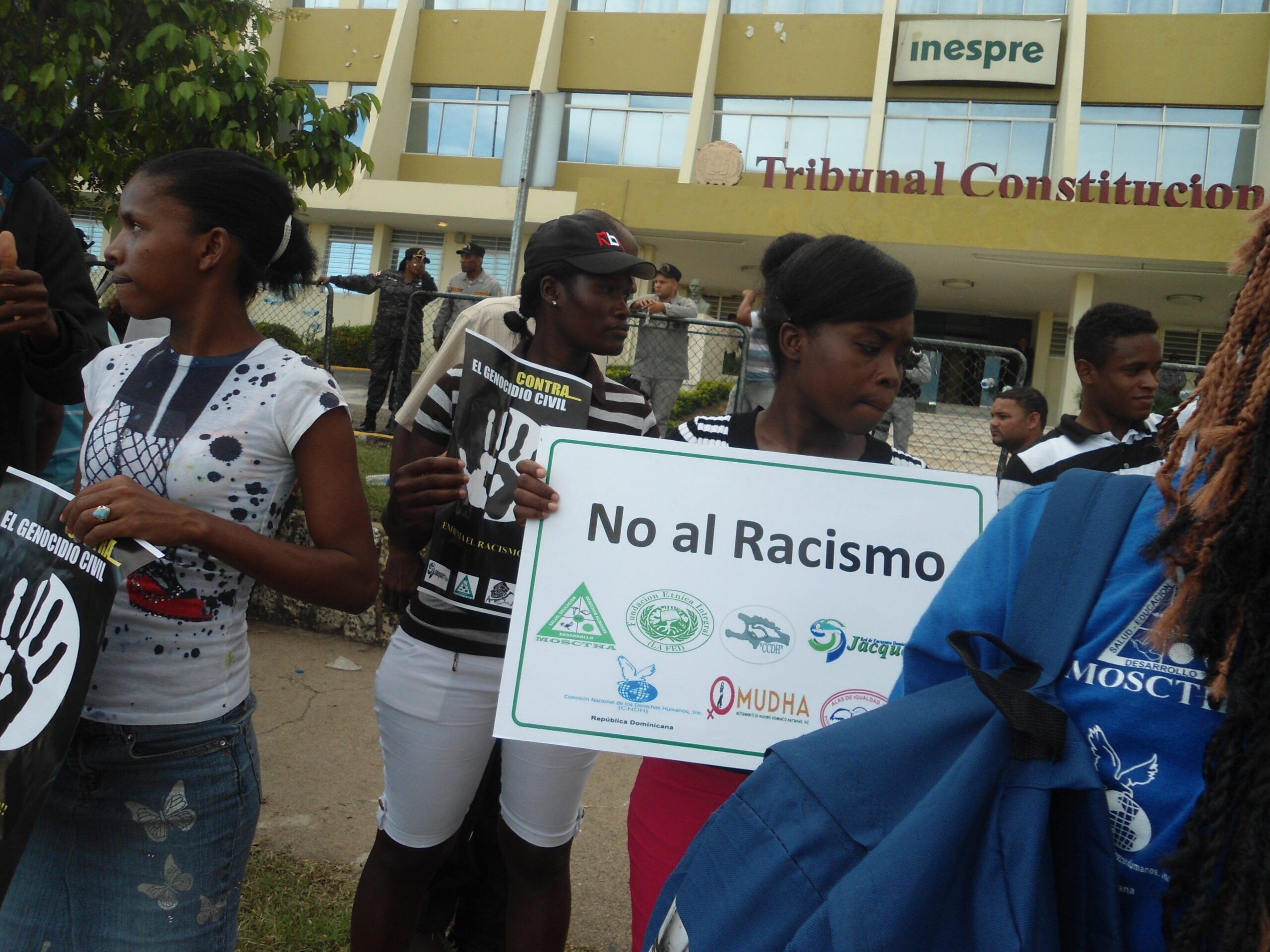In the Dominican Republic statelessness still exists

Four years have passed since the Constitutional Court of the Dominican Republic enacted the ill-fated Judgment 168/13, which rendered Dominicans born of foreign parents from 1929-2007 stateless.
Many speak of the decision as a “Civil Death”, but the deceased – when buried – carry a tombstone with their name.
Their remains at least are recognized and left in peace, out of respect.
Not so for the many Dominican-born people of Haitian descent, who – by virtue of Jus Solis (citizenship by birthright)– should have their Dominican nationality recognized. But they continue to live without a legal identity.
Law 169/14 Came Up Short
On May 23, 2014, President Danilo Medina issued Law 169/14 in an attempt to resolve the situation of statelessness created a year earlier, by Judgment 168/13. However, the law has not had the intended effect, as the rights of the population targeted by the legislation have not been fully restored. Statelessness continues to affect thousands of Dominicans of Haitian descent. Despite all efforts by civil society to promote its implementation, Law 169/14 just came up short for us.
Dual Identities
Many believe that the Central Electoral Board has resolved the issue by reducing the number of stateless people. But they are unaware that most of the children of Haitian immigrants included on civil registries up until 2007 (known as “Group A”), have had their identities changed in the “transcription” process to new registration books. All this done in silence, without their knowledge, and affecting thousands.
In a country where your birth certificate is used for everything: from registering for college to requesting a passport and seeking employment, people without it are left marginalized, segregated, reduced, and effectively invisible.
False Expectations
Law 169/14 was offered as a viable solution. We knew it was not, but we had hoped everything would work out, at least for the people who weren’t enrolled in the civil registry, known as “Group B”.
However, those few that registered under the law do not yet have a defined identity. They cannot make use of their rights to health, employment, higher education, marriage, or to even declare their children as their own. The problem has only gotten worse. Law 169/14 has come up short for us Dominico-Hatians. It has not been effective.
Learn about Race and Equality´s work in the Dominican Republic.

About The Author
María Bizenny Martínez is a human rights defender at MOSCTHA. Her focus is on Dominicans of Haitian descent and afrodescendants.


